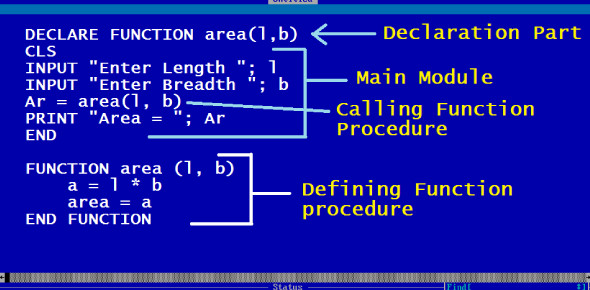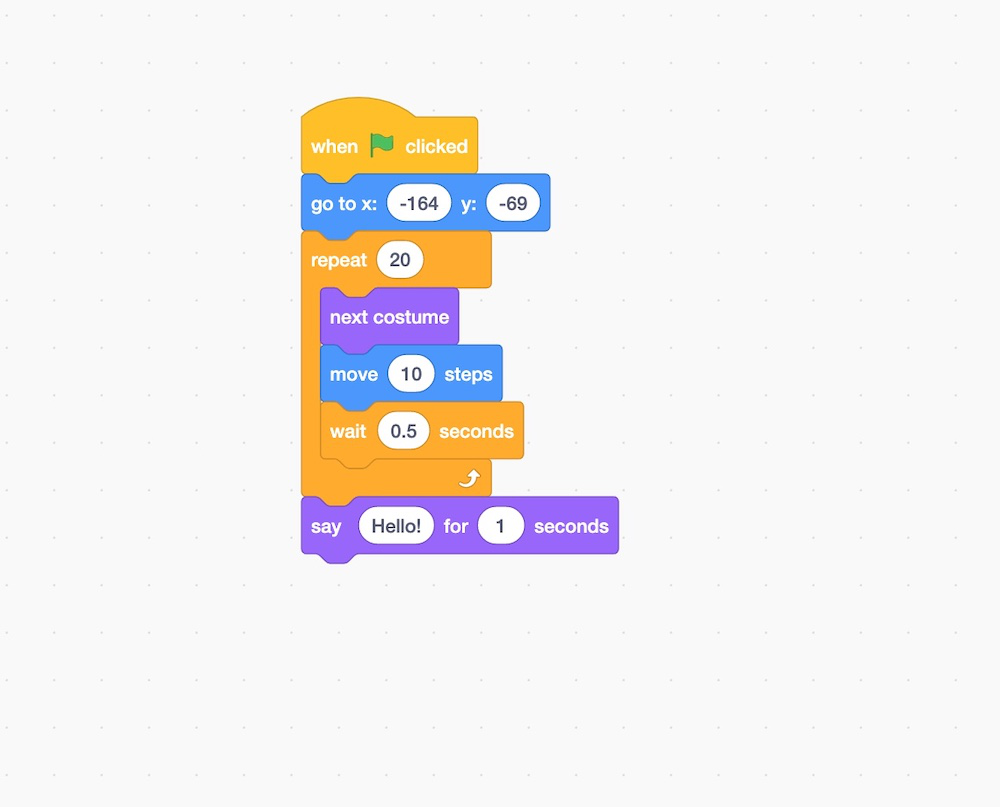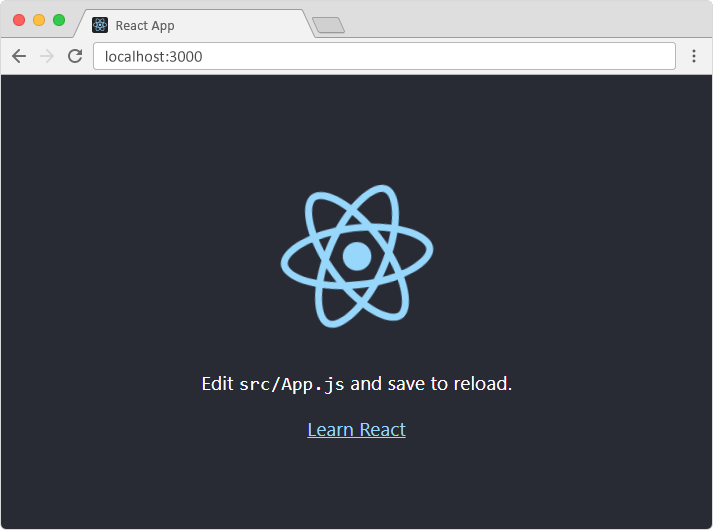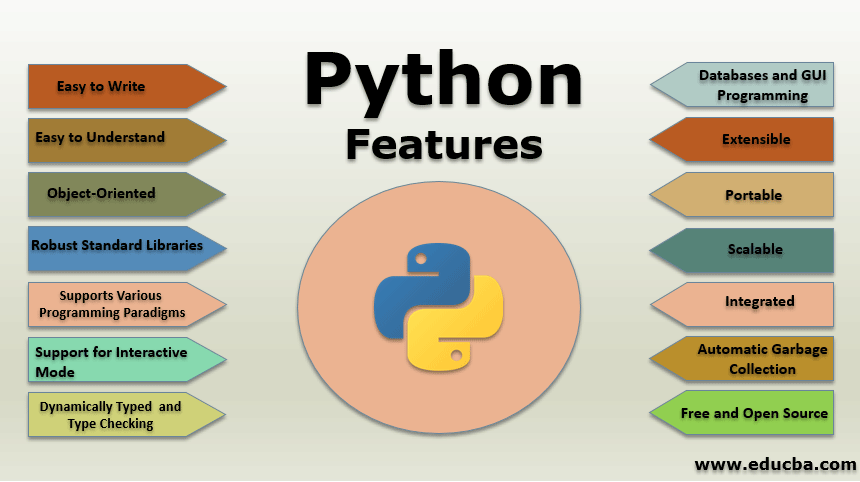There are many definitions of the term Programming from many different sources simplifying the following:
- The art of writing codes, which implies basically the ability of a programmer to communicate with the computer system in a particular programming language.
Others in the same field say that, programming refers to the act of designing and combining different kinds of codes, so that the machine can understand and process what has been input into the system for all users to understand as well.
- Also, it is known to be a transformation act that brings about changes in the status of tasks, such as manual task to computational one.
Structure of QBasic
QBasic is a procedural language. Unlike something like object-oriented language, it has no standard structure according to programming style rule. However, additionally, it does have structure for programmers to follow.
Guide to QBasic Structure
- Line Number: Programs in QBasic are easily written with line numbers for readability purposes.
- CLS: This simply means, Clear Screen.
- REM: Implies REMark, that is, in short a comment
- END: meaning to signify the end of a program
Activity
For instance, the program below does nothing but show the guide to QBasic Structure:
5 CLS
10 REM
15 END
OR
2 CLS
4 REM
6 END
GARBAGE IN & OUT IN QBASIC
In QBasic programming, to feed or supply data to the computer system, users make use of any of the following syntaxes or two commands:
- INPUT statement
- READ&DATA statement
To retrieve or also to fetch stored or inputted data or information from the entire computer system using QBasic, a user also, uses the PRINT statement.
About Author
Discover more from SURFCLOUD TECHNOLOGY
Subscribe to get the latest posts sent to your email.




